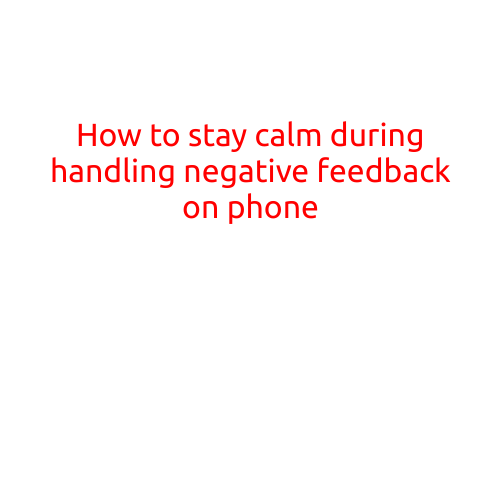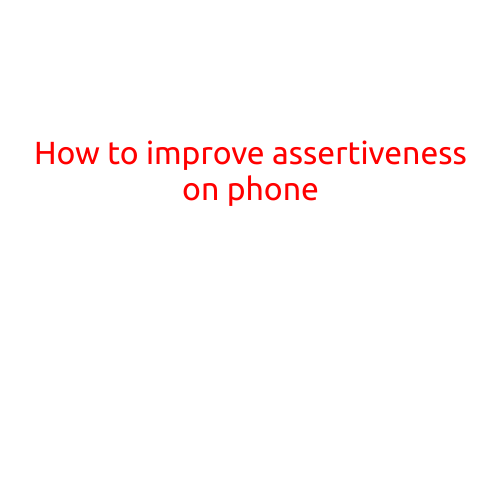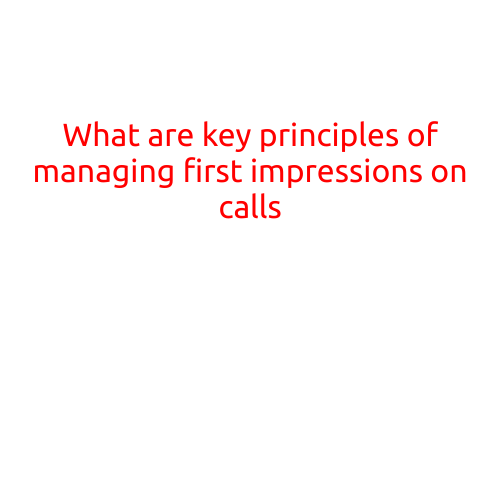
What are Tips for Dealing with Angry Callers?
Dealing with angry callers can be a daunting task, especially for customer service representatives who are tasked with resolving issues and maintaining a positive image for their company. However, with the right skills and approach, you can turn a potentially volatile situation into a positive outcome. Here are some tips for dealing with angry callers:
1. Stay Calm and Patient
It’s essential to remain calm and patient when dealing with an angry caller. Take a deep breath, count to 10, or step away from your desk for a moment to collect your thoughts before responding. Avoid matching the caller’s level of anger or aggression, as this can escalate the situation further.
2. Acknowledge and Empathize
Acknowledge the caller’s frustration and show empathy towards their situation. Make eye contact (even if you’re on the phone), and use positive body language to convey understanding. Allow the caller to vent and express their concerns without interrupting.
3. Listen Actively
Active listening is critical when dealing with angry callers. Pay attention to what they’re saying, and repeat back what you’ve understood to ensure you’re on the same page. This shows that you’re taking their concerns seriously and willing to work together to find a solution.
4. Focus on Solutions
Instead of dwelling on the problem, focus on finding a solution. Ask the caller what they expect from your company or what they would like to happen. Work together to identify possible solutions and provide a plan of action.
5. Be Transparent and Honest
Be transparent about the company’s policies and procedures. If you don’t know the answer to a question, say so and offer to escalate the issue to a supervisor or colleague who can provide a more informed response.
6. Show Appreciation
At the end of the call, express gratitude to the caller for bringing the issue to your attention. Show appreciation for their business and let them know that you’re committed to resolving the issue.
7. Follow Up
After the call, ensure that you follow up on any promises or commitments made. This includes providing updates on the status of the issue or resolving the problem in a timely manner. Follow-up demonstrates that you’re committed to customer satisfaction and helps to build trust.
8. Learn from the Experience
Reflect on the call and identify what could have been done differently. Use this as an opportunity to learn and improve your communication skills, as well as develop strategies for dealing with similar situations in the future.
Additional Tips
- Take notes during the call to refer back to and ensure accuracy.
- Avoid interrupting or talking over the caller.
- Use a soothing and calm tone when speaking.
- Be mindful of your language and avoid using jargon or technical terms that may confuse the caller.
- Consider offering a concession or compromise if possible.
By following these tips, you can transform an angry caller into a satisfied customer. Remember that dealing with angry callers is an opportunity to showcase your customer service skills and build trust with customers. With practice and patience, you can become more confident and effective in handling these situations.





